Publications
Articles, publications, books, tools and multimedia features from the U.S. Institute of Peace provide the latest news, analysis, research findings, practitioner guides and reports, all related to the conflict zones and issues that are at the center of the Institute’s work to prevent and reduce violent conflict.
Question And Answer
Amid a Changing Global Order, NATO Looks East
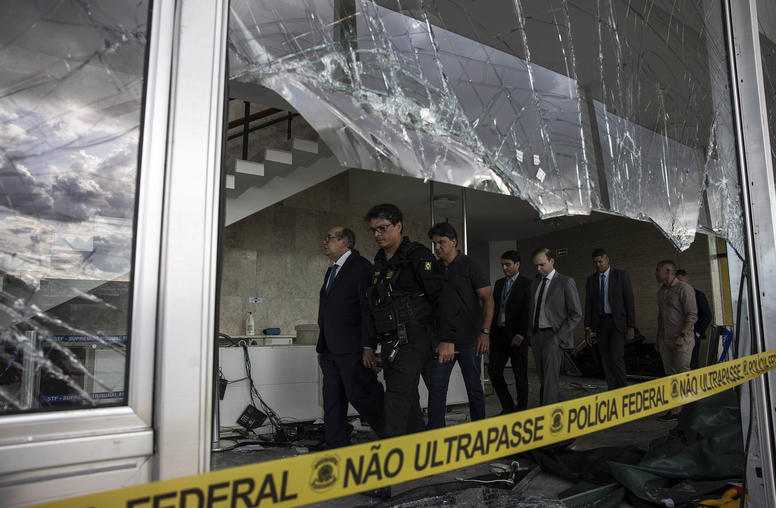
An Assault on Brazil’s Government Raises Hemispheric Alarm Bells
On January 8, hundreds of protesters fueled by rage over election results invaded federal buildings in Brazil’s capital city Brasília while tens of thousands gathered outside military installations across the country, openly calling for a coup.
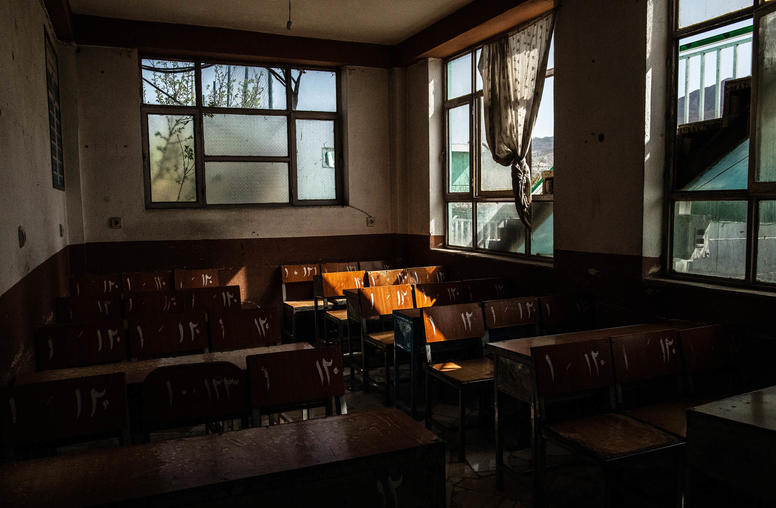
Can the Taliban’s Brazen Assault on Afghan Women Be Stopped?
The Taliban marked the New Year by doubling down on their severe, ever-growing restrictions on women’s rights. On December 20, they banned women from all universities — adding to their prior ban on girls attending middle and high school. Then the Taliban announced on December 24 that women cannot work for NGOs, including humanitarian organizations that are providing vital food and basic health services to the population that is now projected at 90 percent below the poverty rate. Western and regional governments have responded with uncommonly unified outrage and many humanitarian organizations have suspended their operations until women are allowed to return to their jobs.
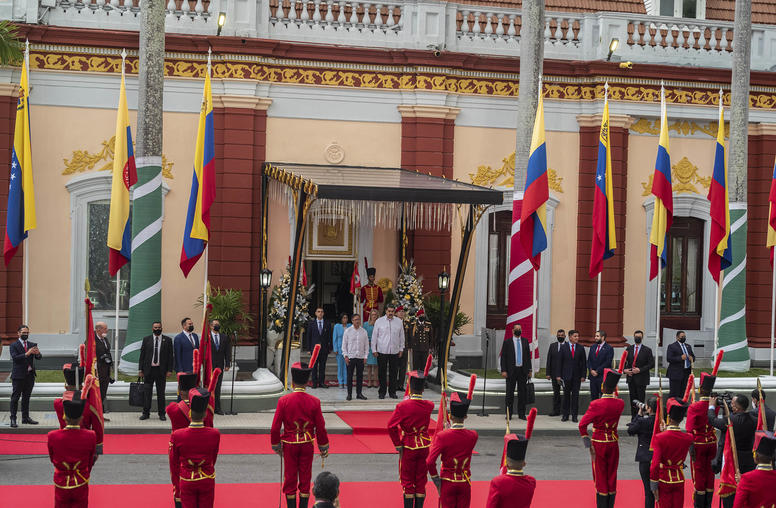
Seis formas de ayudar a mantener las negociaciones en Venezuela
A fines del año pasado, la Asamblea Nacional de Venezuela, controlada por la oposición, votó a favor de disolver el “gobierno interino” encabezado por Juan Guaidó, un proyecto de cuatro años diseñado para sustituir al gobernante del país, Nicolás Maduro. Este voto se produce en medio de un panorama regional cambiante, con gobiernos de izquierda recién elegidos en los vecinos Brasil y Colombia que apoyan una solución negociada al conflicto y un enfoque más moderado por parte de muchos de los aliados tradicionales en el exterior de la oposición.
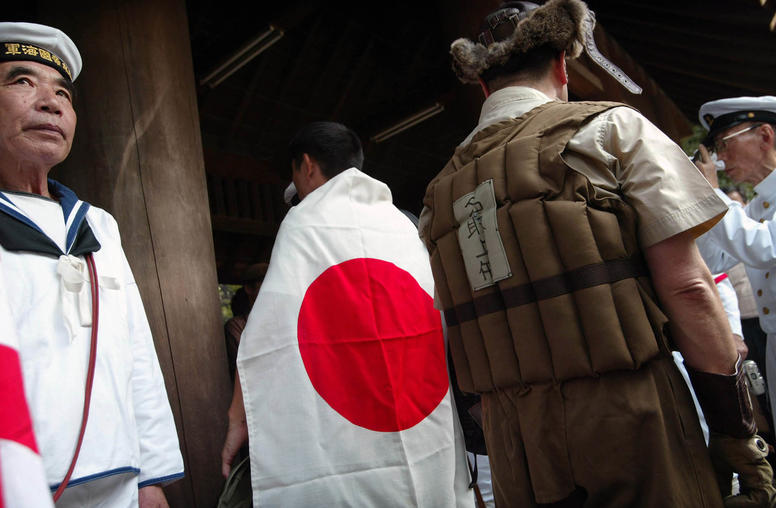
How to Address the Racism at the Heart of Japan-South Korea Tensions
Anti-Korean racism is at the heart of historic and unresolved tensions between Japan and South Korea. It will be near impossible to resolve disputes like the comfort women issue without addressing this racism. This is because the difficulty in reaching a consensus on the Japanese side often derives from the underlying tendency among many Japanese to view Koreans as “inferior” and “untrustworthy.” U.S. actors, including officials, businesses and academics, should understand the consequences of the important role they have played in perpetuating such prejudice and help right this wrong.

Un asalto al gobierno de Brasil enciende las alarmas en el hemisferio
El 8 de enero, cientos de manifestantes alimentados por la ira causada por los resultados de las elecciones presidenciales, invadieron los edificios federales en la capital de Brasil, Brasilia, mientras que decenas de miles se reunieron al frente de instalaciones militares en todo el país, pidiendo abiertamente un golpe de Estado.
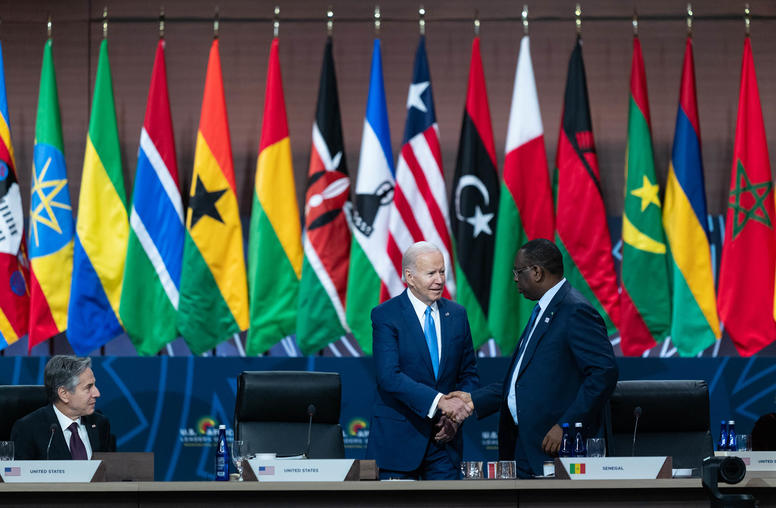
America Must Now Build the Partnership it Offered to Africa
A month after leaders from 49 African states returned home from the U.S.-Africa Leaders Summit, their region’s struggles have shifted back into their frequent place in global news headlines and discussion, often obscured by crises from Ukraine to China to the Middle East. So it’s a good moment to refocus on a specific “to-do list” for President Joe Biden’s vow that “the United States is ‘all in’” on the future of the continent with the world’s fastest-growing population. To be “all in” on Africa’s future requires concrete steps on at least six needs.
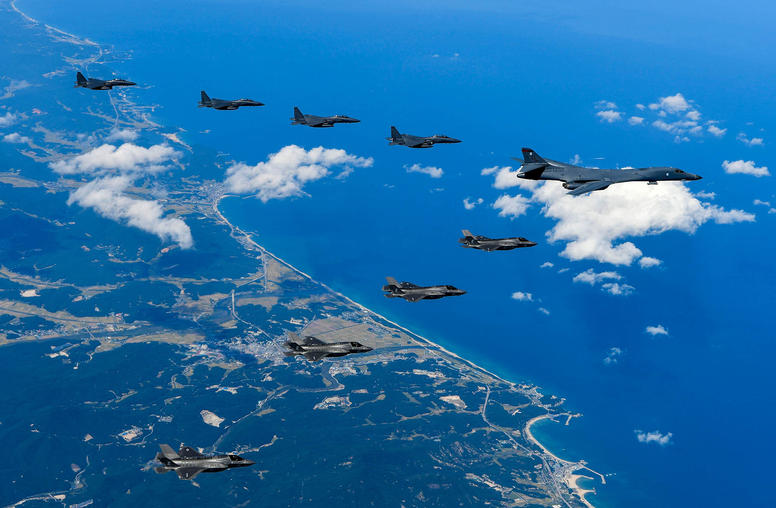
North Korean Arms Control Doesn’t Have to Conflict with Disarmament
There is a tension between limiting North Korea’s nuclear weapons program and pursuing the goal of a denuclearized Korean peninsula. To emphasize the former — through arms control and risk-reduction measures — can seem at times like a repudiation of the latter. Conversely, a focus on disarmament — still the core of U.S. policy — can seem outright fanciful given North Korea’s stunning technological advances. In North Korea, the United States faces a nuclear-armed state whose capabilities continue to expand despite international opposition and extensive economic sanctions. Disarmament simply isn’t in the cards right now.

Honduras Makes Progress in Tamping Violence — But at What Cost?
“Historic reduction in the homicide rate,” the Honduran government tweeted in a thread celebrating security achievements during President Xiomara Castro’s first year in office. The country’s official rate of 36 murders per 100,000 people in 2022 (down six points from 2021) still places Honduras among Latin America’s — and the world’s — most violent countries. But it represents clear progress since the early 2010s, when the impoverished Central American country seemed caught in a spiral of violence linked to street gangs and drug traffickers, with rates topping 85 murders per 100,000.
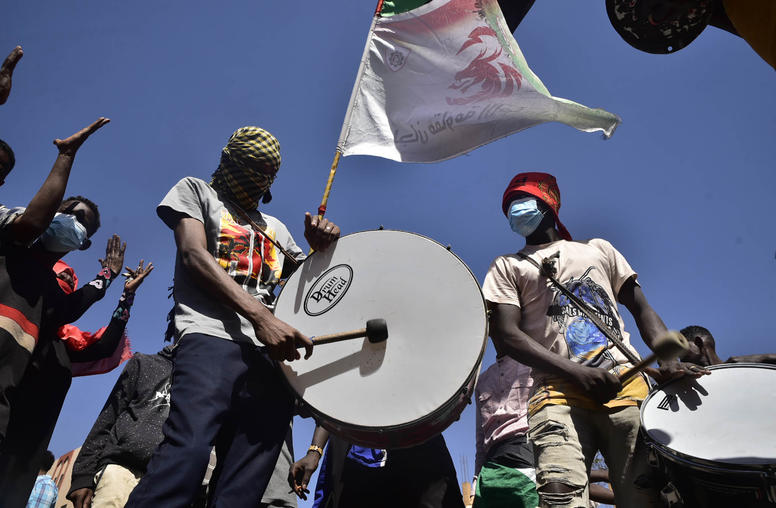
Youth Activism: Balancing Risk and Reward
A striking feature of many successful nonviolent action campaigns is the outsized presence of young people, especially on the front lines. Recent history is replete with examples — mass movements in Iran, Hong Kong, Sudan, Lebanon, Algeria and others have all drawn strength from major swells of determined youth mobilization.
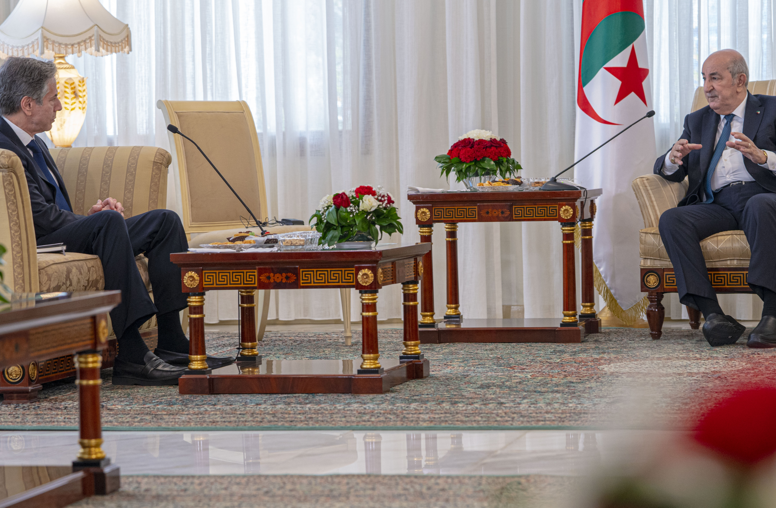
A Newly Assertive Algeria Seizes an Opportunity
For decades, Algeria has eschewed participation in international affairs. As a member of the non-aligned movement, the country has been described as “anti-Western,” “anti-capitalist,” and “insular.” Privately, American diplomats describe the government as one of the region’s most challenging to penetrate and understand. But over the last two years, there have been signs that Algeria is changing and starting to flex its economic and political muscles, which has accelerated in the wake of the war in Ukraine, with Algeria capitalizing on opportunities created by changes to global energy markets. Algeria has also increasingly asserted itself in the African Union and Arab League, stepped up its lobbying efforts in foreign capitals and is deepening ties with Beijing. But is Algeria ready for the responsibility that accompanies the role it is positioning to play?